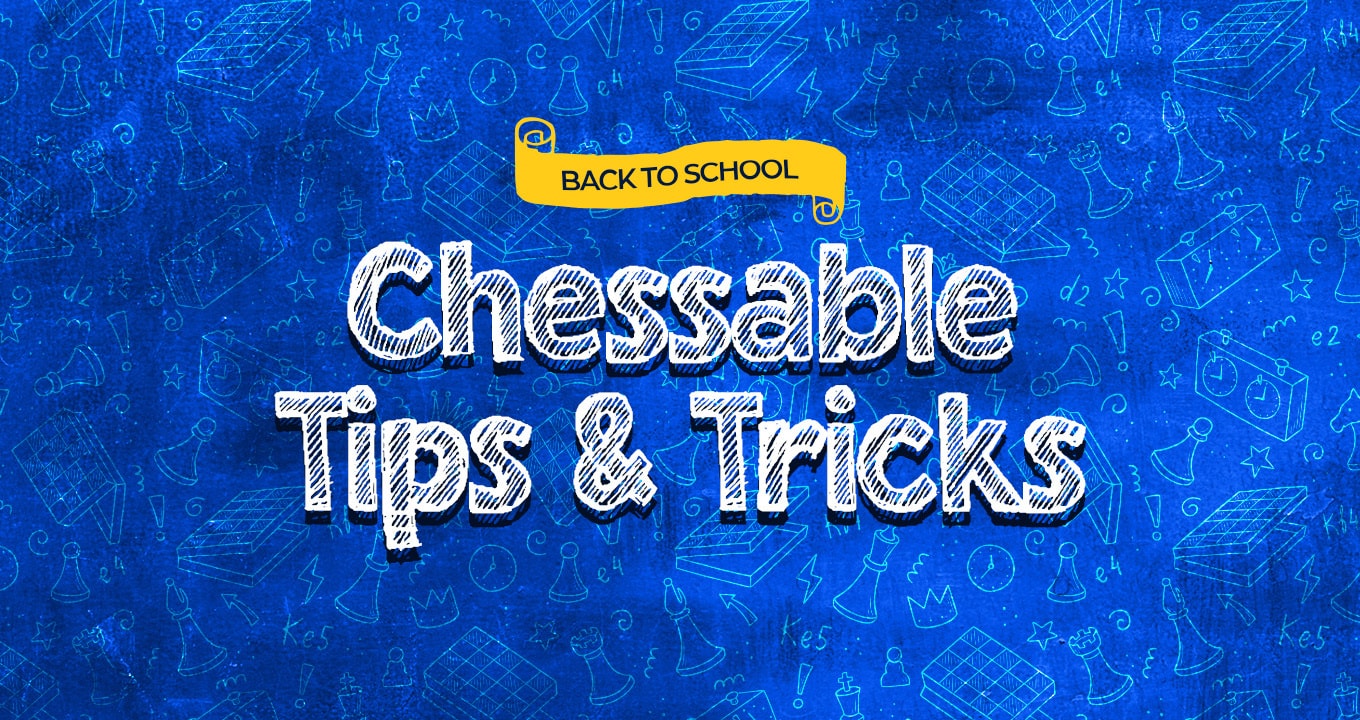“If you don’t understand how to practice archery in its true sense,
then even though you practice very hard, what you acquire is just
technique. It won’t help you through and through. Perhaps you can
hit the mark without trying, but without a bow and arrow, you cannot
do anything. If you understand the point of practice, then even
without a bow and arrow the archery will help you.”
Shunryu Suzuki
A very accurate thought expressed by a Zen monk. It perfectly describes the stereotypical chess player who “can hit the mark without trying, but without a bow and arrow […] cannot do anything.”
A huge number of chess players are completely useless outside the chess board (unfortunately, I would add). They have achieved a very high level in their own area of expertise, but in Suzuki’s words they have acquired only technique – they play chess exceptionally well and nothing more.
I would like to expound on the idea of Suzuki’s last sentence – the point of practice. It originates from the Zen concept that all things are interconnected. By learning the underlying principles of chess (or archery, or anything, really) one should be able to apply them everywhere. But nobody teaches these underlying principles because they are not written anywhere.
One gets a vague idea of these principles only when he or she has reached a relatively high level of expertise in the technical part of the game (to make it simpler I will talk about chess only, but as I already pointed out, this applies to any activity. And when I say “technique” I refer to “skill or ability”). It is impossible to become philosophical and discuss principles if the person doesn’t know how to deliver mate – they just wouldn’t know what they are talking about. In order to rise to higher levels one must be completely in control of the lower ones, which to my mind would translate to a
level of at least an FM, but let’s not get literal here – I know a few FMs with a deep understanding of the higher principles and quite a few GMs who don’t have a clue that they even exist.
It requires an inquisitive mind to go in that direction. But even then these principles are only intuitively sensed. When it comes to chess I would say they are a mixture of one-on-one combat concepts and psychology.
To illustrate the above I will give an example. How do you win dead-drawn positions? By creating an impression of progress. This impression puts pressure on the opponent and he suddenly feels at a disadvanage, even though objectively the position may be a dead draw. On a psychological level, you have obtained an advantage. Sooner or later this psychological advantage will be reflected on the board – the player under pressure will commit a mistake. Then the advantage is no longer only psychological, it has become “real.” And the player under pressure is now even under more pressure. This snowball effect is almost impossible to stop and the cycle repeats until the game is won.
Once thoroughly understood, this underlying principle can be applied to any situation that may require it. One only needs to let his or her imagination run free to find a way for a creative use of the principle.
There are countless principles like the one above. Discovering them and putting them into words has given me one of the greatest pleasures from studying chess. And then the creative process to try to use them in other areas of my life. None of the above is easy, but it is profoundly fulfilling.
Here is another one to end with. I have always tried to play the best move in any position. This maximalism was good at times (when I was on good form) but more often it was harming me. And then I understood that chess gave you the liberty to just be yourself. You can choose to make a move that you know is not the best, but is good enough because your understanding of the position tells you that such a move cannot possibly be bad. And you play on without the pressure you put on yourself by having to play the “best” move. You save your energy and play without extra tension. You are just being yourself.





